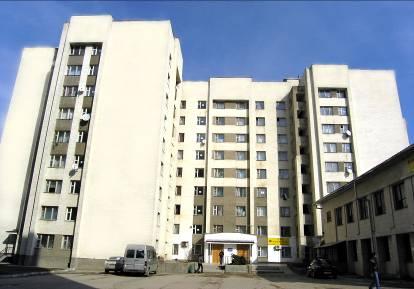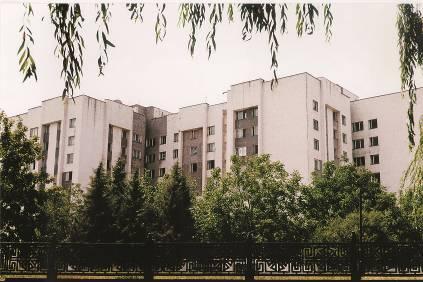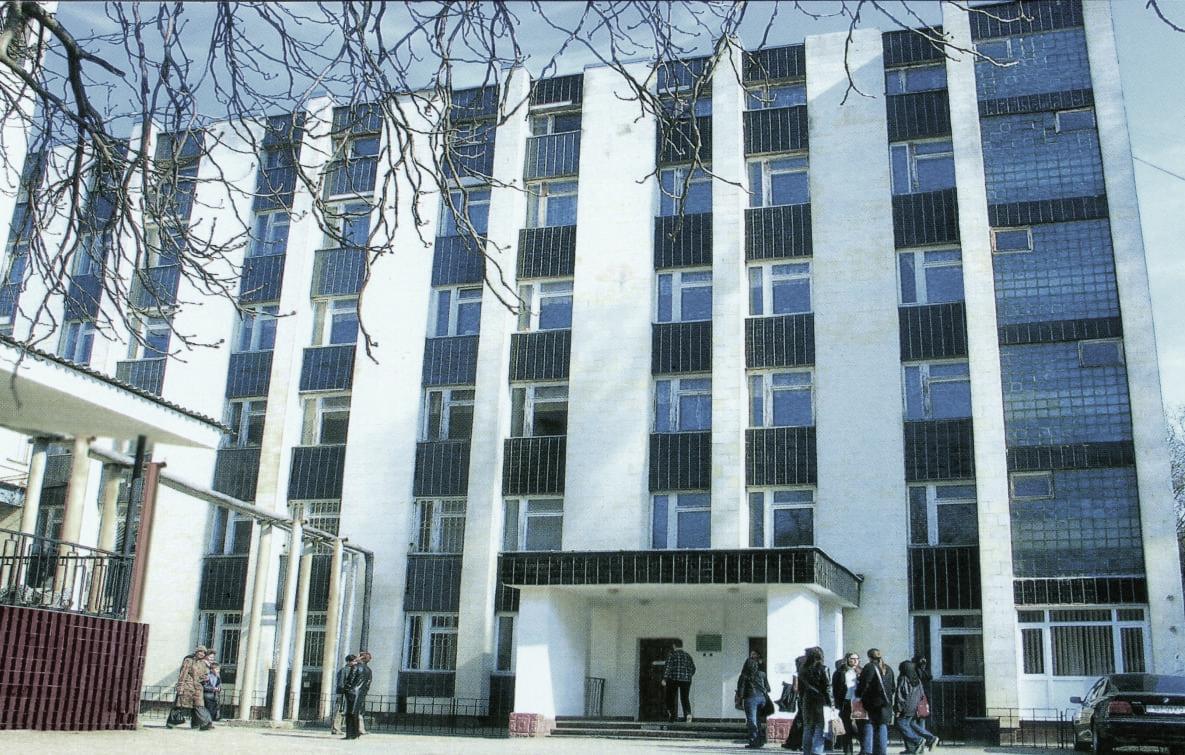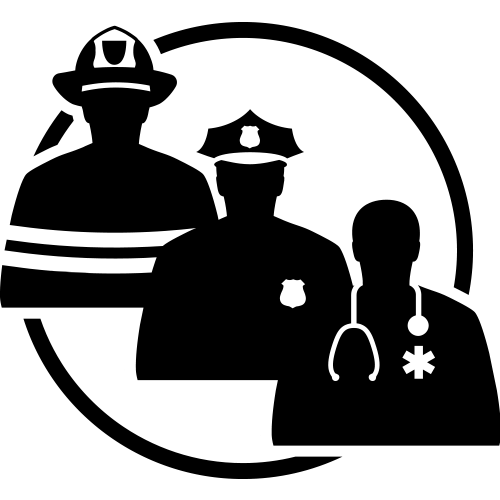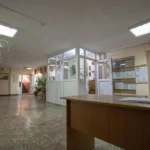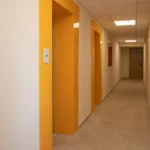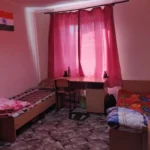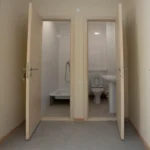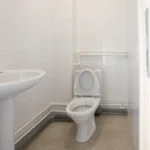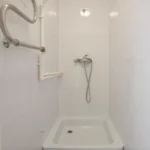Public Places and Transport
Crimea is an even safer and calmer place than most other parts of the country, but is not a complete absence of petty crimes, such as mugging, pickpocketing and theft. Pickpockets are most likely to be active in public transport during rush hour and in crowded places.
The following tips will greatly reduce your chances of becoming a victim of any kind of robbery:
- Be alert while on any public transport or in any public place at all. Do not get to absorbed in your gadgets and lose focus of your surrounding.
- Do not leave your personal items unattended or entrust your belongings to a complete stranger.
- Do not move about in the city with your bag open, and it is preferable to hold your bag in front of you when in public or crowded places.
- Do not display your expensive items or gadgets in public
- Do not carry large sums of cash on you. Try to acquire a bank card as soon as possible to enable you travel cash free.
- Do not keep information regarding your bank account or bank card in an unsafe place. Do not keep any information that grants access to your bank card together with the card.
Cyber and Online Security
When shopping or communicating online, it is necessary to take some safety measures just like you would in reality. Do not give your personal or account information to anyone on the internet, and do not reveal any other confidential information about yourself or place of residence.
Fraudsters and Scammers
- Do not spend time around suspicious looking individuals or people that you do not know
- Make use of official and reliable banks or companies when performing any kind of transactions
- Do not purchase sim cards from the street, it is preferable to go to the nearest official store of mobile network providers and purchase a sim card
- It is better to withdraw your cash through a bank outlet or at an ATM, and make sure that it is located at a secure location.
- Do not change currency with people on the street, it is better to perform these types of transactions in the bank
Leisure time
While students are encouraged to take part in extracurricular activity during their free time, safety most not be forgotten even in these times.
- If you are attending a concert or a live show, it is better to take some friends along with you
- Try to stick with the people with whom you attended a Programme with at an entertainment venue, and watch out for each other’s belongings. Be carful not to lose attention from your properties when the party is in full swing as this is very common.
- It is preferable to go home by public transport or by taxi, but if you must walk, it is better to walk with a group of friends and only through well-lit streets
- Try not to draw unwanted attention to yourself. Avoid strangers as much as you can. Cross the street or change paths if you have to.
Taxi
Flagging down a taxi is generally not a great option as there is chance of getting a driver that is not license. Such drivers may even be criminals. The better and more popular option is to use a taxi company. This is a safe option and the fare is fixed.
There are reputable taxi companies in the city such as Maxim taxi, Shark taxi etc.
Road Safety
Only use the pedestrian crossings when crossing the road. Make sure that there are no cars approaching before you attempt to cross the road. If there is a pedestrian traffic light on the crossing, ensure that you only cross when the light is green.
Identity Check
When off university campus, it is recommended to carry your passport, student ID and migration card with you. It is not unusual for a police officer or a security officer to request your ID before granting you passage into the university or into any of the university buildings. This is one of many counter-terrorism security measures taken not against you, but for your own safety. Russia is quite successful in counter-terrorism and takes special care about the security of Russian citizens and foreign nationals. Do not panic during security and ID checks. It is a standard crime prevention practice.
Emergency numbers (free)
- All emergency channels in Simferopol: +79787177777
Other security lines in the rest of Russia:
- Fire-Fighting Service 01 (landline), 101 (mobile).
- Police 02 (landline), 102 (mobile).
- Ambulance 03 (landline), 103 (mobile).
- Gas Service 04 (landline), 104 (mobile).

